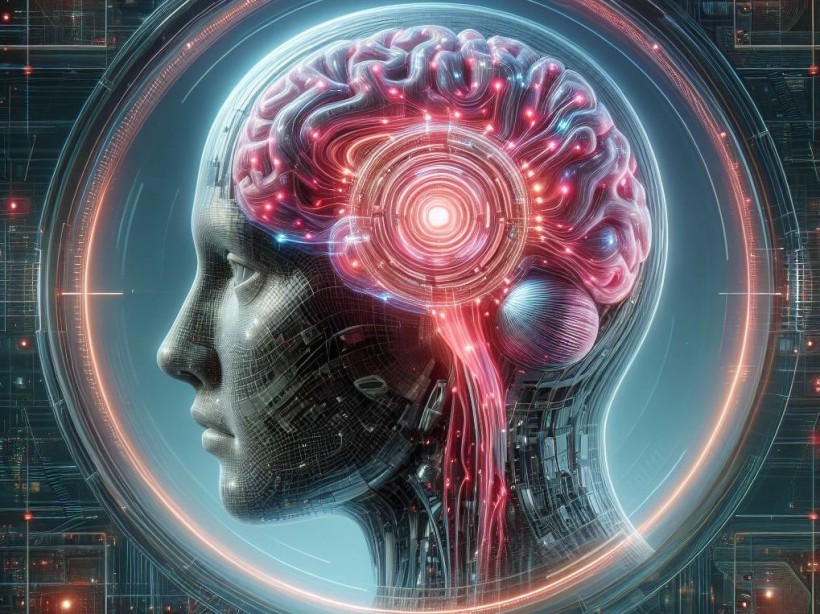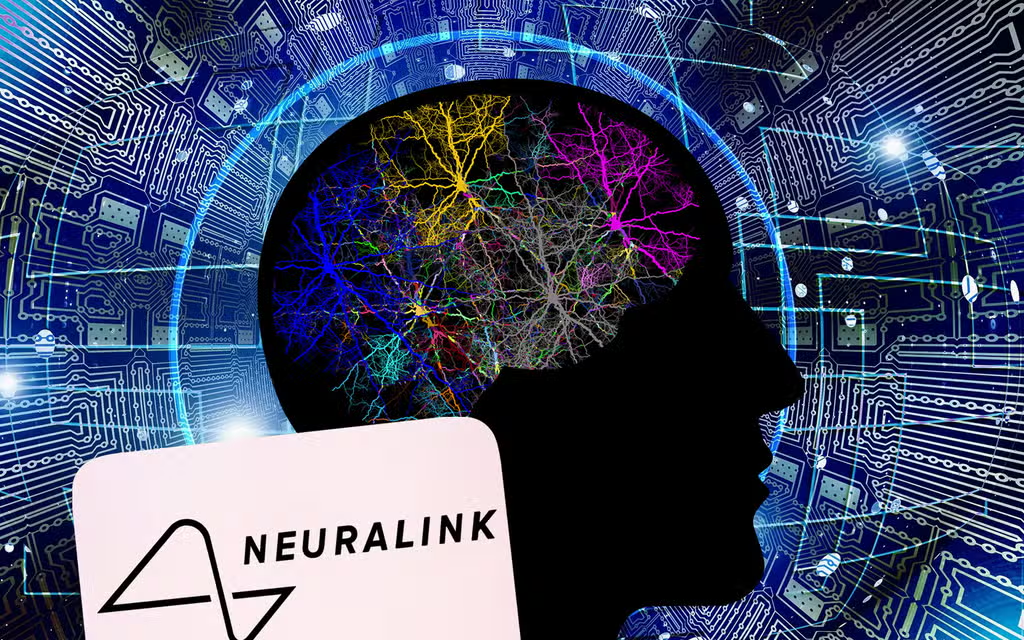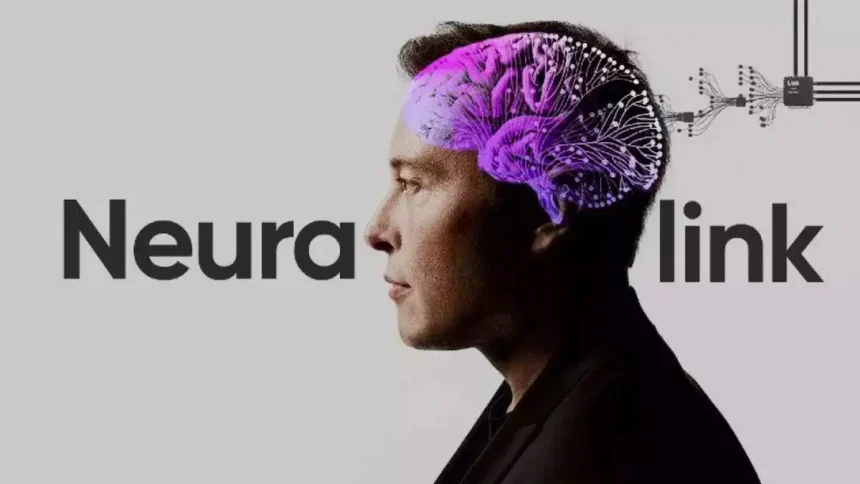Neuralink, the neurotechnology company founded by Elon Musk, has announced significant progress in their groundbreaking brain chip implant trials.
The implant, featuring a network of tiny wires, was reported to be “more or less very stable” in the first human participant, as stated by a company executive on Wednesday.
In May, Neuralink disclosed that some of the fine wires embedded in the brain of Noland Arbaugh had shifted from their initial positions.
Arbaugh, paralyzed from the shoulders down due to a diving accident in 2016, is the first and currently the only participant to receive the implant.
Neuralink executive Dongjin “D.J.” Seo explained, “Once you do the brain surgery, it takes some time for the tissues to come in and anchor the threads in place, and once that happens, everything has been stable.”
READ ALSO:
AC Milan’s New Manager Paulo Fonseca Unveils Bold Tactical Vision
Elon Musk expressed optimism about expanding the trial, aiming to involve a higher single-digit number of participants by the end of the year.
The company is actively implementing risk mitigation strategies, such as precise skull sculpting and normalizing carbon dioxide levels in patients’ blood, as detailed in a live stream on social media platform X.

Matthew MacDougall, Neuralink’s head of neurosurgery, elaborated on these measures, saying,
“In upcoming implants, our plan is to sculpt the surface of the skull very intentionally to minimize the gap under the implant… that will put it closer to the brain and eliminate some of the tension on the threads.”
Neuralink’s primary objective with this implant is to empower paralyzed individuals to interact with digital devices purely through thought. The device operates by capturing brain signals via ultra-thin wires, translating these signals into actions like moving a computer cursor or navigating the internet.
Musk emphasized the safety of the device during the live stream, asserting that it does not harm the brain. Initially, the U.S. Food and Drug Administration (FDA) had concerns regarding the device’s safety, but ultimately granted approval for human trials last year.
To date, the brain chip has enabled Arbaugh to engage in activities such as playing video games, browsing the web, and controlling his laptop cursor, solely through thought, as showcased in Neuralink’s blog posts and videos.
READ ALSO:
Bill to Ban Violence in Public and Private Spheres Advances Past Second Reading

The company is also developing an advanced version of the device, which aims to enhance efficiency and power by reducing the number of electrodes required for implantation.
Neuralink’s progress marks a significant step forward in the field of neurotechnology, bringing hope to those with paralysis and paving the way for further advancements in brain-machine interfaces.

